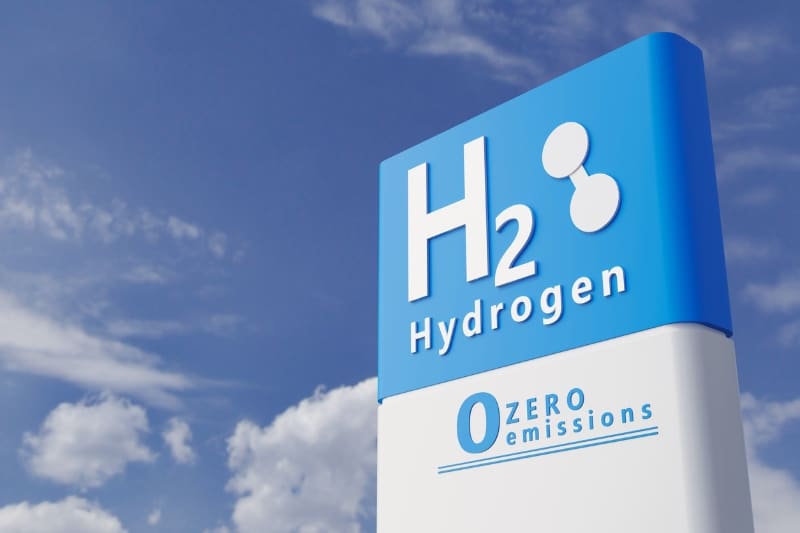Singapore’s Jurong Island, a key hub for energy and chemicals production, has earmarked about 300 hectares, equivalent to 10% of its total land area, for the development of new energy technologies, including greener fuels like hydrogen-ready natural gas and ammonia. This allocation, announced on October 27, 2025, during the Singapore International Energy Week, also includes a dedicated 20-hectare site for the city-state’s biggest low-carbon data centre park, which could deliver up to 700 megawatts of power capacity. Managed by the JTC Corporation (JTC), the industrial development agency, these initiatives aim to transform the island from a fossil fuel-dependent zone into a global test bed for sustainable innovations, addressing one-third of Singapore’s greenhouse gas emissions that stem from its refining and petrochemical sectors.
The new energy push builds on a 2021 sustainability blueprint for Jurong Island, which has already boosted output of eco-friendly products to 1.4 times 2019 levels, with a target of 1.5 times by 2030, while elevating refinery energy efficiency into the global top 50%. Highlighted projects include a forthcoming hydrogen-ready natural gas power plant and Singapore’s inaugural ammonia-fueled initiative, led by a Keppel consortium, set to generate 65 megawatts, enough to supply over 90,000 public housing units annually.
Complementing these efforts, the green data centre park targets hyperscale facilities demanding 100 megawatts or more, with operators encouraged to hike ambient temperatures to 26°C to slash air-conditioning energy by up to 20%. This comes as Singapore plans to expand its data centre capacity by over one-third in 2024 to fuel AI demands, adding at least 300 megawatts island-wide in the coming years, prioritizing low-carbon sources. Jurong Island hosts over 100 firms and 27,000 workers, evolving amid a global petrochemical downturn driven by oversupply and stricter climate rules. JTC and the Economic Development Board (EDB) joint statement affirmed the island’s “integrated ecosystem and strong industry base” as ideal for such advancements.
These developments not only fortify Singapore’s net-zero trajectory by 2050 but also counter economic headwinds in traditional sectors, with 35 grant-funded projects since 2021 poised to cut 340 kilotonnes of CO2 yearly. By 2026, a refreshed national strategy will amplify research and development in decarbonization, ensuring Jurong Island sustains high-value employment in a burgeoning green economy while pioneering solutions like shared energy storage and biotreatment for global replication.
(Sources: The Straits Times, Channel News Asia)

